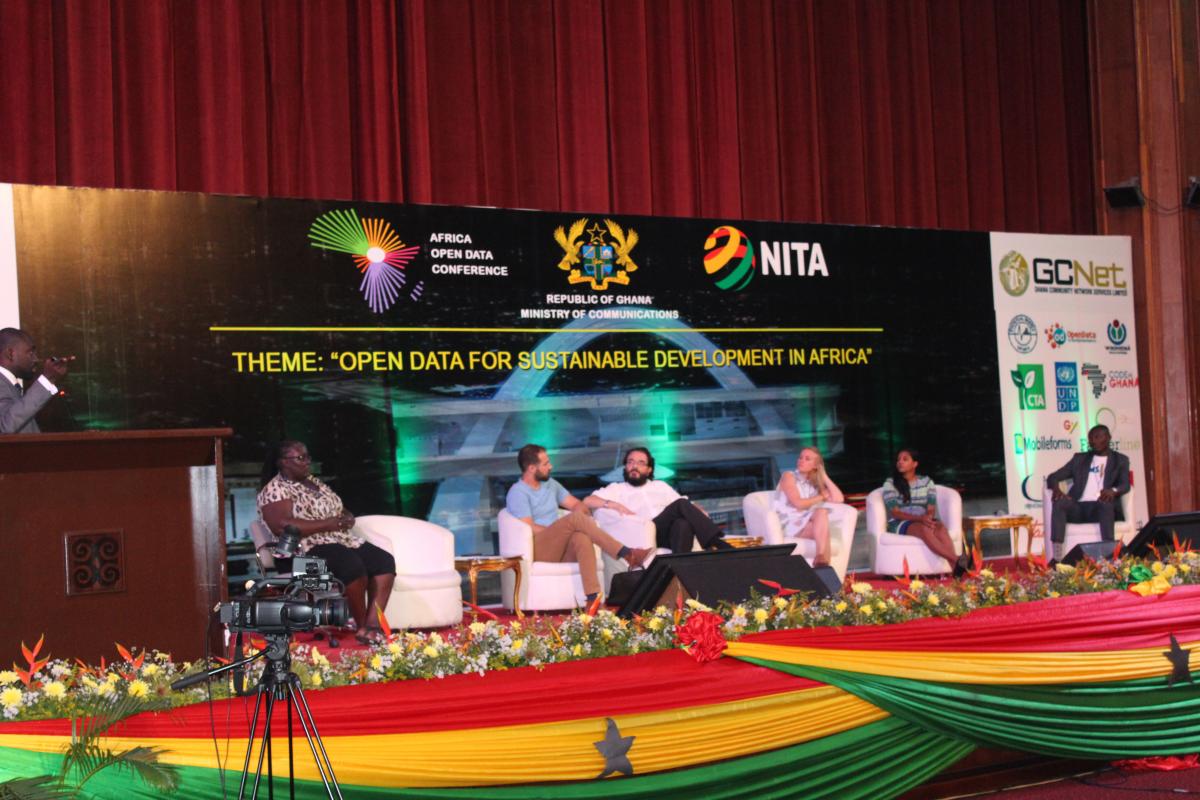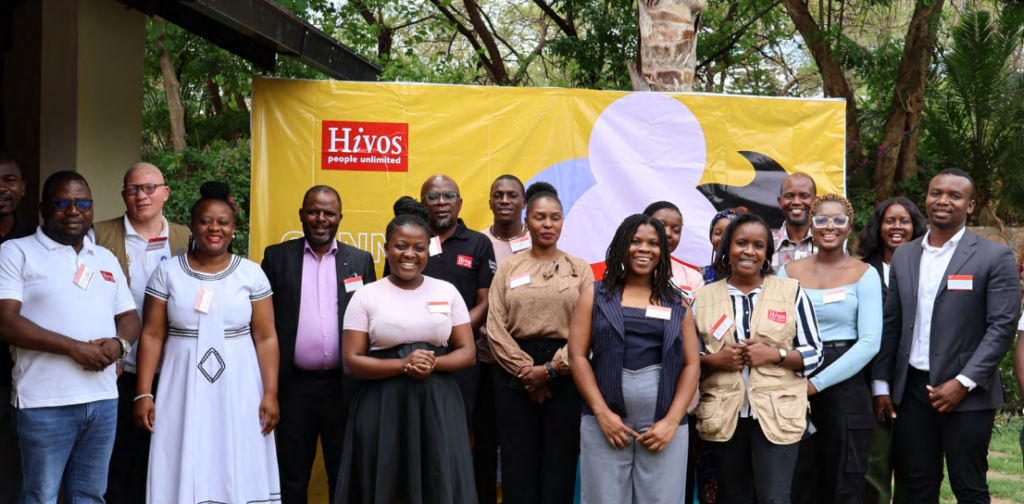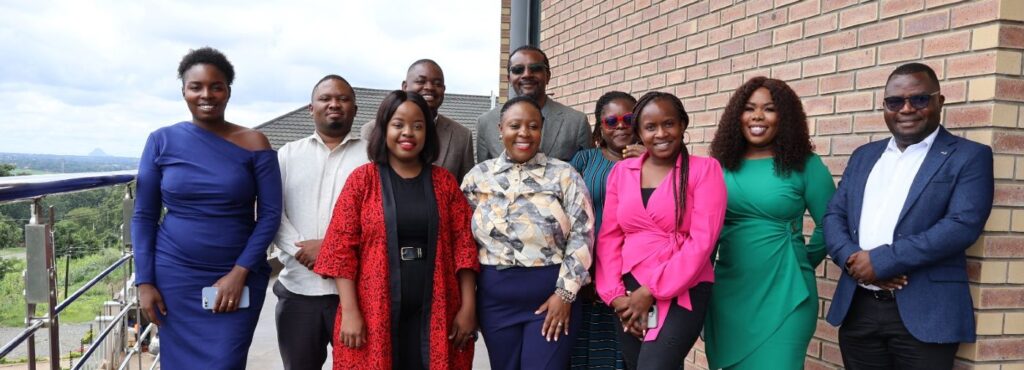From 17-21 July 2017, open data experts from Africa convened in Accra, Ghana for the second Africa Open Data Conference (AODC). Drawing participants from governments, techies, small businesses, journalists, civic technologists, entrepreneurs, researchers, students, IT solution providers, NGOs, development partners and others; discussions focused on advances in open data, lessons and engage in dialogue for concrete action points for shared solutions across the continent.
Hivos East Africa together with Afroleadership, Article 19 East Africa, Connected Development, Development Gateway, Open Knowledge Network (School of Data) and The Public and Private Development Centre (PPDC) organized two key sessions: A Follow the Money full day track and a side event during the main session dubbed, ‘Advancing Open Contracting in Africa.’
Follow the Money (FtM)
The Follow the Money track held on 18 July 2017, featured topics on: learning, project showcases and discussions on effective and ineffective approaches for increased transparency, participation, accountability, use of open data and tracking public finances in government and the private sector. Additional topics discussed were on civil society approaches to improving transparency around public funds and public contracting, the need for procurement data to be coherent and linkable through the entire contracting cycle, the importance of access to information to open contracting, and the importance of open contracting data in procurement analytics. Participants also shared challenges and successes in their own countries towards transparency from a government and non-state actor perspective.
Advancing Open Contracting in Africa
The main session side event on 20 July, ‘Advancing Open Contracting in Africa’, focused on a regional outlook on current open contracting approaches in Africa. Speakers gave presentations on: The status of open contracting in Africa, entrenching open contracting into African Union policies, protocols and institutions, open contracting from an academic perspective, and consolidating the voice of the community on open data on contracts in Africa .
Participants in the session noted that the level of openness and disclosure in public contracting in African Countries is very low and largely focuses on tender awardees. Further it was recommended that disclosure needs to be timely and at all stages of the public contracting cycle.
Several African Union instruments were highlighted to provide norms that can be leveraged for the implementation of open contracting in Africa. Various organs and Special Rapporteurs of the African Union also provide opportunities for influencing policy positions and implementation of open contracting by member states.
Key messages from the side events:
- Potential for advancing open contracting through African regional mechanisms is good
- The need to invest, generate and showcase a wide range of various use cases for open contracting
- The need to build and strengthen alliances with academia and research institutes in order to enrich and shape the discourse on open contracting
Open Contracting is a new approach, vital in improving the efficiency and transparency of public procurement systems and useful in detecting fraud and corruption, promoting a competitive business environment and ensuring improved delivery of goods and services for citizens. Hivos and Article 19 are currently implementing an Open Contracting Programme in Kenya, Malawi and Tanzania.




